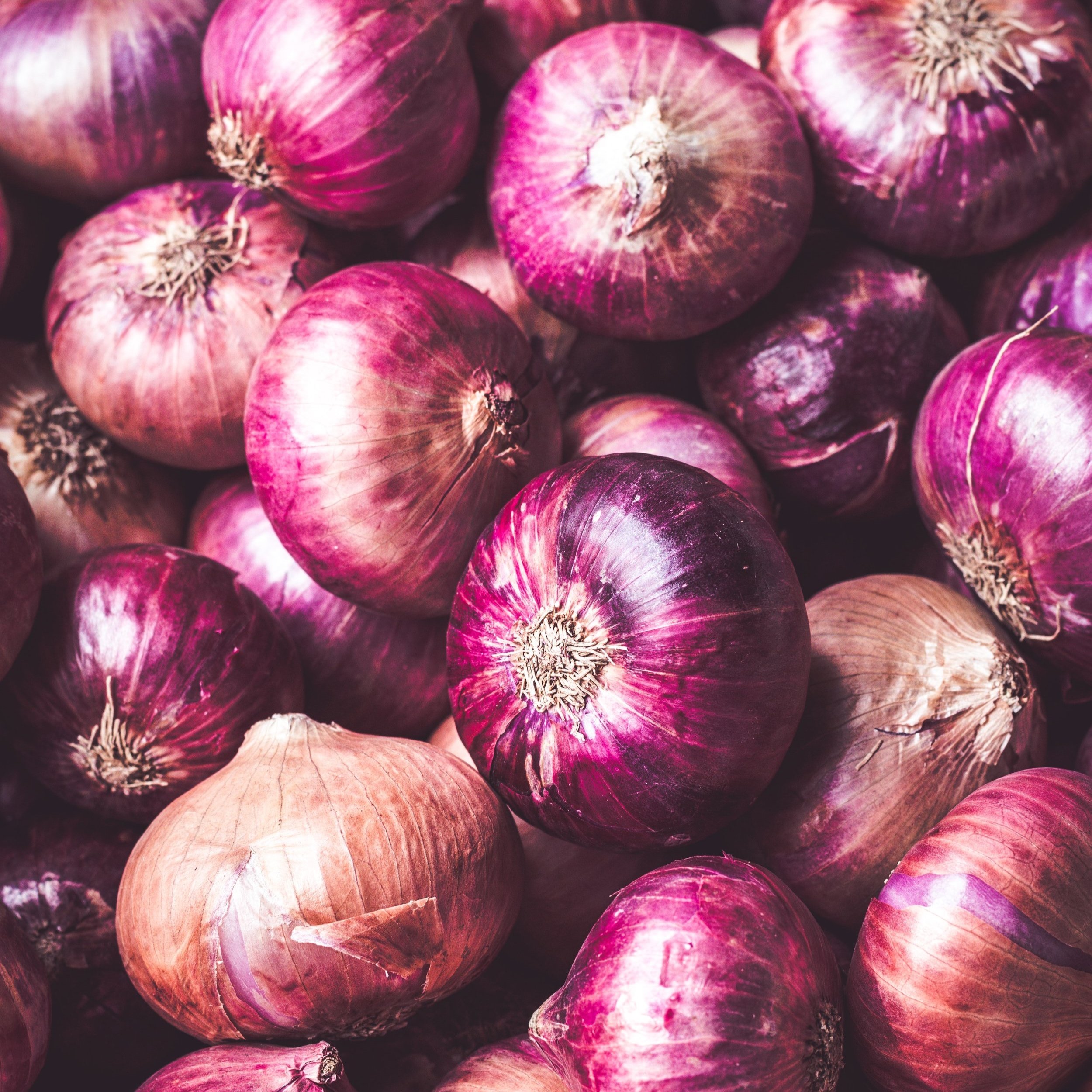RESPECT FOOD TIPS
useful tips for avoiding food waste while respecting the environment
FRUIT AND VEGETABLES
Fruits and vegetables should never be stored together. Many fruits, in fact, release gases that accelerate the ripening process of fresh vegetables if placed close together.
SMART PLACEMENT
A simple but valuable idea on the arrangement of packages in the refrigerator is to place them in plain view in the central part of the fridge. It will be easier to remember that, before opening something new, you have some packaging to finish. Learning to use up leftovers is the first way to reduce food waste.
HOW TO STORE BANANAS
Wrap some cling film around the stalk. This will prevent the fruit from ripening prematurely. Also, to extend the life of the bananas, store them separately from each other.
LONELY ONIONS
A simple tip for onions: in the pantry, keep them away from potatoes. The gases produced by onions make potatoes sprout faster. When cooking, however, these two foods are best when combined together, for example in an omelette.
EVERGREEN SALAD
To keep the salad crisp and fresh, transfer the leaves to a container and place a couple of sheets of kitchen paper on top, in close contact with the leaves, to remove as much air as possible. This will prevent moisture from settling on the leaves, helping them to stay fresh and prevent wilting.
MILK... DID YOU KNOW?
It is better to store milk in the central part of the refrigerator and not in the side door, where it risks overheating every time you open the door.
STRAWBERRIES
A tip for keeping strawberries longer: prepare a solution of 10 parts water and 1 part white or apple vinegar in a salad bowl. Soak the strawberries, stir a couple of times, drain and rinse them. The vinegar will remove bacteria and moss and the fruit will last about two weeks.
PRESERVE TOMATOES FOR LONGER
To keep the tomatoes longer, clean the stalk from the sprigs and longer leaves, then place the cleaned tomato upside down on a flat surface (on a baking tray for example) inside the refrigerator.
EGGS IN THE FRIDGE
The ideal temperature for storing eggs in the fridge is 4-5°C, so place them on the highest shelf of the fridge to keep them cooler. Leave them in their container, away from other food, to avoid the risk of contamination and bacteria.
LONG-LIVED BROCCOLI
Broccoli should be eaten within a few days of purchase because they rapidly consume oxygen and sugar to produce useful nutrients for their cells. To prolong their life, wrap them in aluminium foil or film to insulate them from the atmosphere, limiting their contact with oxygen and slowing their 'breathing'.
SOAKING VEGETABLES
When washing vegetables, do not run water unnecessarily: leave them to soak in the sink, then quickly rinse them under a jet to save a considerable amount of water.
CHILLED FISH
Fish should be stored in the coldest part of the refrigerator, generally in the lower compartment (approx. 2°C). After it has been properly cleaned and washed, place it in the refrigerator bags and consume it within 24 hours.
RAW AND COOKED
Separate raw meat from cooked meat: raw food may contaminate cooked food which, after cooking, no longer contains bacteria. Also, avoid keeping meat from different sources (chicken, pork, beef) in close contact.
FREEZING FOOD
Frozen food, if not eaten immediately, should be placed in the freezer at a temperature below -10°C. Cooked food that we want to consume after a few weeks can also be stored in the freezer. Remember, however, that once defrosted, food must be consumed and not put back in the freezer.
SNACK
An alternative way to store dried fruit is to roast it in the oven, let it cool and store it in jars!
ZERO KM
Choosing food products from your local area helps promote a sustainable development model that enhances local resources and promotes the purchase of 0 km products. At the same time, you will have fresh, seasonal produce at a low cost thanks to the considerable reduction in transport and the pollution it generates: according to scientific studies, a family that consumes local, seasonal food can save up to 1,000 kilos of carbon dioxide, with a lower impact on the planet.
LET YOUR FRIDGE BREATHE
Avoid keeping your fridge too full: cold air cannot circulate optimally, thus compromising food preservation. In addition, you will find it harder to remember what food you have stored and risk letting it expire.
RECYCLE
Keep jars of compotes and jams: they will make a great container for leftovers, much more suitable for storage than classic plastic tubs. Glass, unlike plastic, is a non-porous material that does not absorb food odours and colours.





















